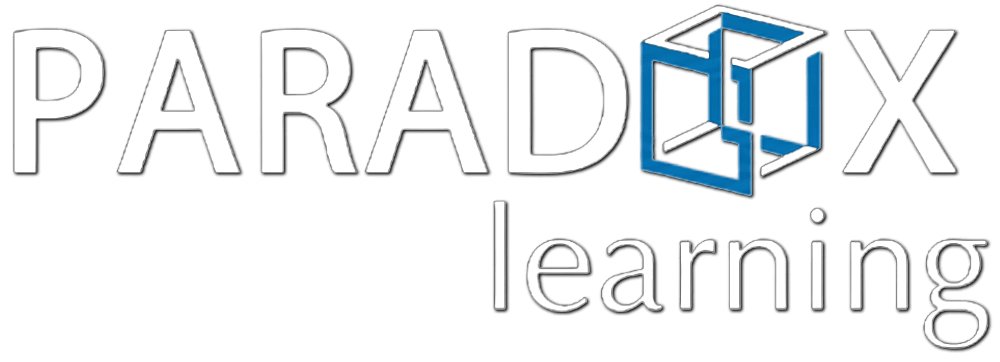AI is rapidly reshaping the way we design, deliver, and evaluate learning. But for L&D professionals, the big question isn’t just what AI can do—it’s how to build the right skills to work with it effectively.
This article was inspired by a thoughtful question from Andrew Jacobs (Llarn Learning) during the Learning Technology Autumn Forum 2024:
How long might it typically take an L&D professional to progress from Level 1 to Level 3 based on your AI literacy Framework? What kind of learning path would you recommend? How would competence be maintained?
While the journey varies from individual to individual, my estimate is that progressing from Level 1 (Explorer) to Level 3 (Pioneer) in AI Literacy could take anywhere from 12 to 30 months. The timeline depends on prior experience, engagement with AI tools, and opportunities to apply AI in real-world learning contexts.
In this article, building on my AI literacy framework and associated competencies, I outline a recommended learning path, and providing some suggested activities for you to follow.
📌 Note: It is not necessary for everyone to progress from Level 1 to Level 3. Your AI literacy journey should align with your goals and how you plan to use AI in your role. If your focus is on basic awareness and responsible AI use, staying at Level 1 (Explorer) may be sufficient. If you aim to integrate AI into learning strategies, reaching Level 2 (Integrator) could be the right fit. For those leading AI-driven innovation in L&D, Level 3 (Pioneer) is the natural progression. Choose the path that best serves your professional and organizational needs.
Recommended Learning Path:
Level 1: Explorer (1-6 months)
- Build basic AI literacy – concepts, techniques, history, etc.
- Develop awareness of AI ethics, data privacy, and potential biases
- Explore AI’s role in L&D, and recognize its strengths and limitations.
Suggested Activities:
- Attend introductory AI workshops, webinars, and online courses.
- Explore AI tools in general and those for educational purposes
- Read relevant blog posts, research papers, case studies, and podcasts.
- Follow key people in AI and adjacent fields.
- Evaluate AI tools and compare their pros and cons
Level 2: Integrator (7 – 18 months)
- Move beyond awareness and start integrating into professional practice
- Gain hands-on experience with AI tools and techniques
Suggested Activities:
- Participate in professional discussions, contribute to AI literacy communities, and consider presenting and sharing your learning in town halls, conferences, workshops, and forums.
- Identify quick-win opportunities in your L&D work stream that could benefit from AI support; conduct small-scale pilot projects to assess the impacts
- Draft best practices for AI utilization in your strategies and projects
- Enroll in courses on focused AI topics such as ethics, data analytics and visualization, domain-specific AI applications.
- Find other AI integrators in your organization and join working groups, offer to be a test user for pilot projects, and find out how AI is being deployed in your company; learn from other departments
Level 3: Pioneer (19 – 30 months)
- Become an AI advocate and thought leader within your organization/community
- Drive AI-based learning innovations and shape policy discussions
Suggested Activities:
- Lead AI discussions within L&D and HR teams, especially on societal and long-term impacts of AI
- Develop and pitch a business proposal for a medium- or large-scale AI-enhanced initiative, tied to corporate objectives
- Identify grants or external sources of funding that may support the implementation of AI pilots in your field
- Develop AI-enhanced learning strategies and measure their impact
- Publish thought leadership content
- Mentor peers in AI literacy and strategic implementation
Maintaining AI Competence Post-30 Months
- Continuous Learning: Stay updated through AI research, industry reports, and professional development courses.
- Experimentation: Regularly test AI-driven learning solutions and refine strategies based on effectiveness and impact.
- Community Engagement: Participate in AI ethics forums, AI in L&D working groups, and cross-industry discussions.
- Teaching & Mentorship: Share expertise through workshops, coaching sessions, and professional networks.
